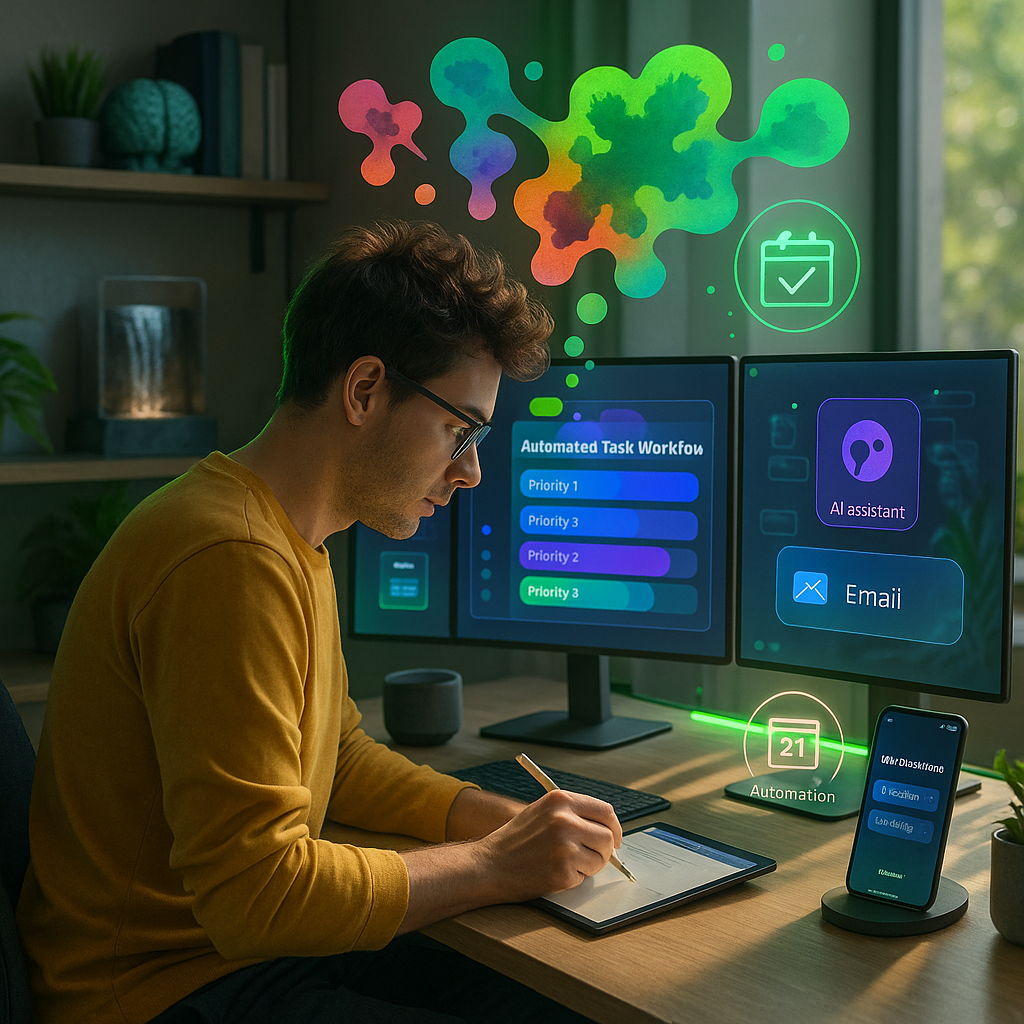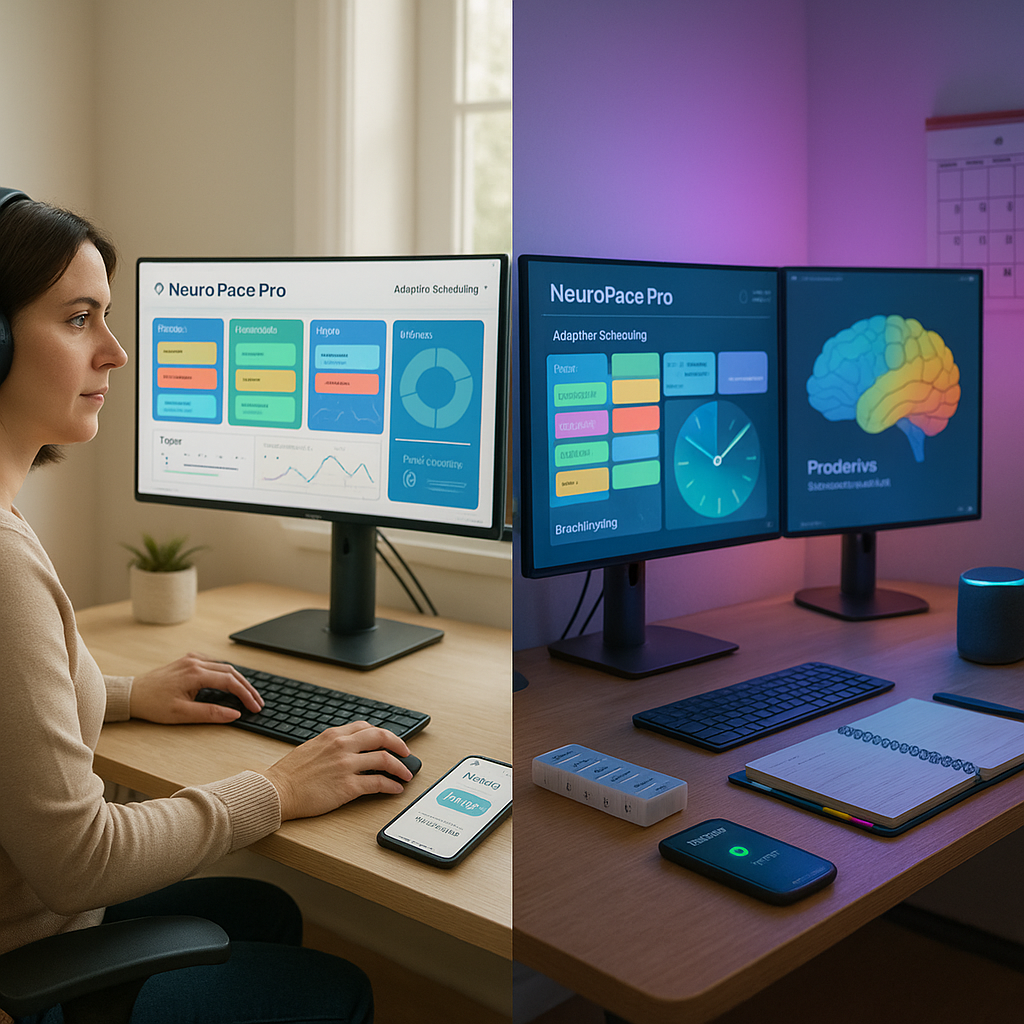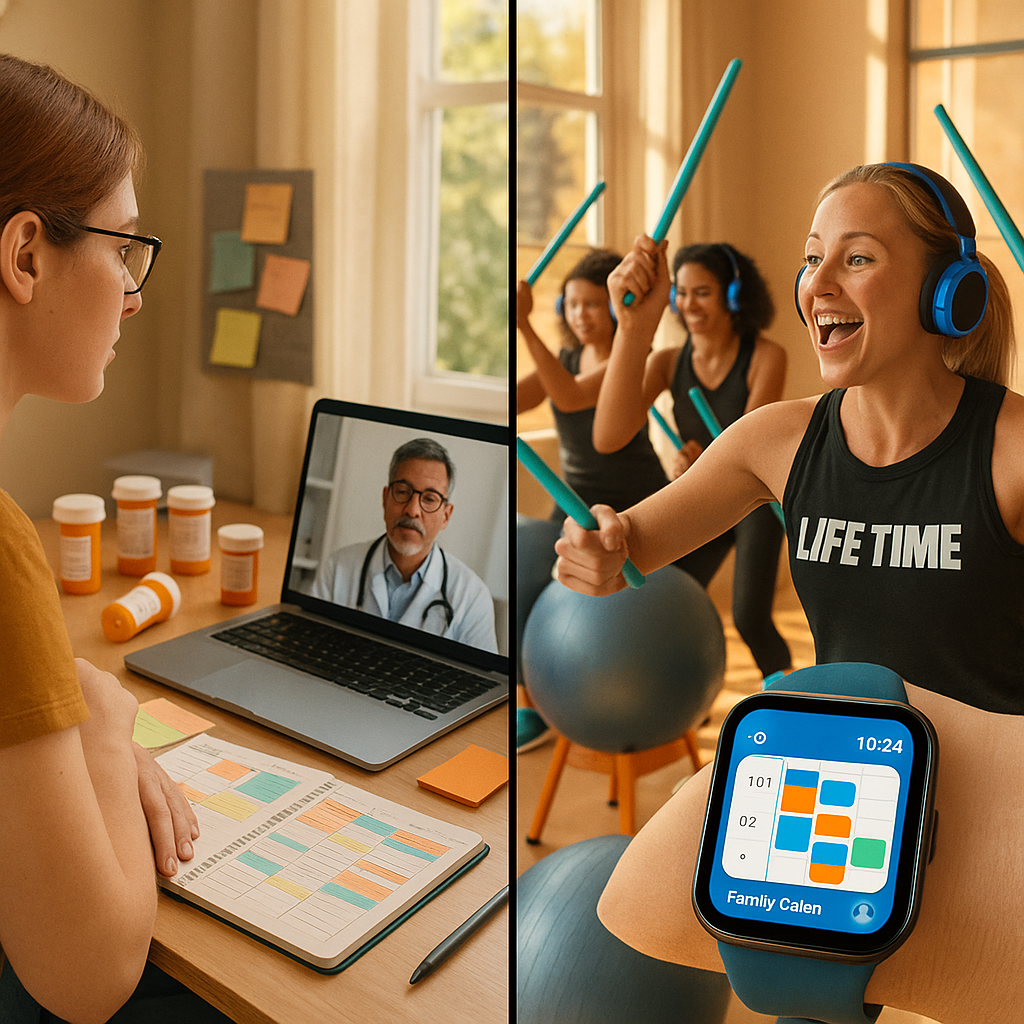Key Takeaways
- Automation as a burnout shield: Entrepreneurs are using tailored automation to reduce repetitive tasks and mental overload.
- AI assistants unlock hyperfocus: Smart tools help channel neurodivergent hyperfocus into sustainable, scalable business routines.
- Systems built on acceptance, not resistance: Progress is greatest when systems align with neurotype-specific needs rather than relying on conventional productivity approaches.
- Proof in transformation: ADHDink’s founder rebuilt life and business using AI-driven systems after experiencing burnout during COVID.
- Demand for sustainable scaling: More solopreneurs and teams are seeking neuroinclusive automation solutions as they expand.
Introduction
Neurodivergent entrepreneurs are embracing automation and AI to thrive in business, according to recent insights from ADHDink. By working with their ADHD and unique neurotypes, rather than resisting them, founders are transforming overwhelm into opportunity and building scalable, sustainable systems on their own terms.
Leveraging Natural Strengths Through Automation
Neurodivergent entrepreneurs often excel in pattern recognition, creative problem-solving, and generating innovative solutions. For example, Sarah Chen, founder of DesignMind Studios, uses her ADHD-driven creativity to fuel business growth by automating routine tasks that do not align with her strengths.
Chen stated that automating administrative work allows her to focus on connecting ideas and creating unique solutions for clients. This approach has helped many business owners shift their perspective, enabling technology to handle challenging aspects of operations while allowing natural talents to flourish.
Strategic Task Automation
Modern automation tools empower entrepreneurs to design personalized systems that fit their unique thinking and working styles. Calendar management apps with executive function support help maintain flexible schedules, while still ensuring important deadlines are met.
Project management platforms now include features for variable attention patterns. These platforms automatically break down complex projects into smaller tasks, and adjust deadlines based on energy levels and focus patterns.
Marketing automation tools maintain a steady social media presence and client communication with minimal direct input. Entrepreneurs can engage authentically, reducing the mental effort required to manage multiple platforms.
Building Sustainable Business Systems
Neurodivergent entrepreneurs are building sustainable business models by identifying and automating their main sources of “energy drain.” Digital systems now manage tasks such as invoice generation and client onboarding, which helps reduce traditional points of overwhelm.
Jason Martinez, founder of TechFlow Solutions, automated 80% of his administrative tasks with integrated software solutions. As Martinez noted, his hyperfocus is now directed toward product development and strategy, maximizing the value of his neurodivergent skillset.
Automated systems prove especially valuable during periods of rapid growth. They help prevent burnout by delivering consistent operations even as priorities shift.
Tools and Strategies That Actually Work
Client relationship management (CRM) systems with automated follow-up sequences help ensure consistent communication and minimize anxiety about missing important relationships.
Time-blocking apps, integrated with calendar automation, protect key focus periods while offering flexibility. These systems can reschedule less critical tasks when energy levels or priorities change.
AI-powered email management systems with smart filters and response templates reduce inbox overwhelm. This allows entrepreneurs to maintain professional communication without the stress of crafting every response perfectly.
The Future of Neurodivergent Entrepreneurship
AI and automation technologies are evolving to better support diverse thinking styles. New tools are being developed to adapt to individual work patterns, moving beyond rigid systems.
Industry leaders increasingly recognize the competitive advantage of neurodivergent perspectives when technology is implemented thoughtfully. This awareness is driving the creation of more inclusive business tools and practices.
Artificial intelligence integration is opening new possibilities for personalized business support. This enables entrepreneurs to focus on innovation, while automated systems manage operational demands with greater precision.
Conclusion
Automation is enabling neurodivergent entrepreneurs to reduce burnout and achieve new growth by allowing creativity and strengths to take the lead, while digital tools handle routine demands. As technology continues to evolve to fit diverse work styles, the business world is becoming more inclusive and supportive of unique neurodivergent talents.
What to watch: continued growth of AI-driven business tools designed specifically for neurodivergent professionals.





Leave a Reply